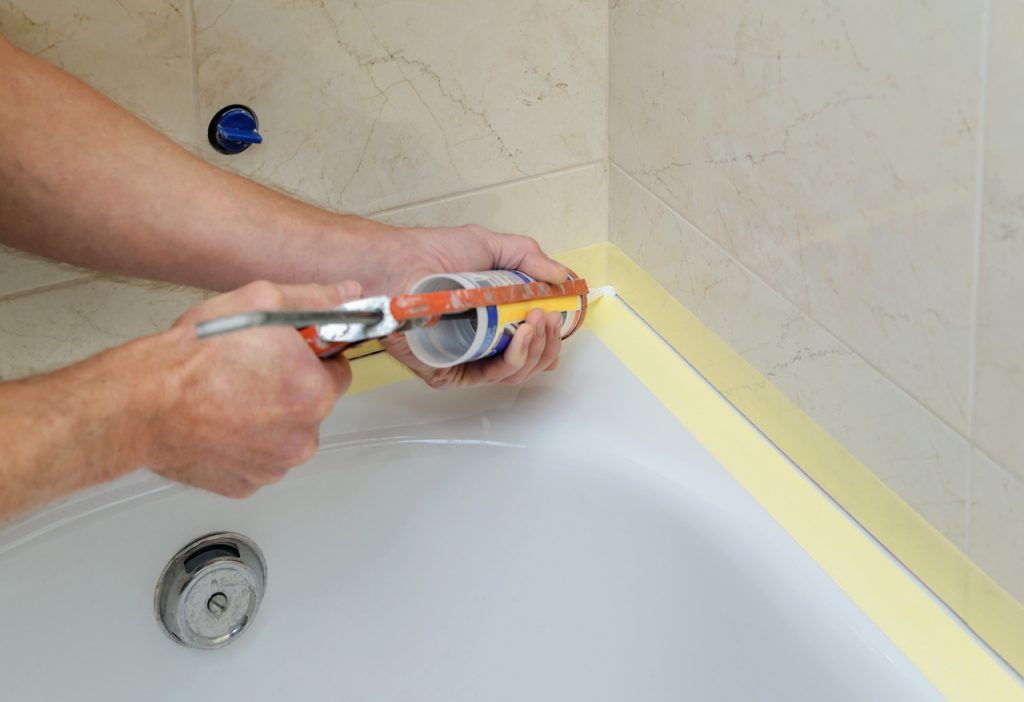Waterproofing is the protection of parts of floors, walls and ceilings from water. Such action will allow us to effectively protect the building against damage, the formation of fungus and mold. Properly carried out also reduces the risk of flooding and allows you to enjoy durable plaster for longer.
In both of these areas, the substrate is exposed to moisture. Waterproofing in bathrooms is necessary under the shower tray or bathtub and at the sink. Terraces and balconies, on the other hand, are at risk of being flooded by rainwater – even the best laid floor tiles cannot adequately protect the floor against water. In addition, during the use of terraces, cracks and crevices appear, through which water penetrates. Proper waterproofing will make our floor safe.

To waterproof a terrace or a bathroom, use the so-called liquid foil, which is available in DIY stores. The whole undertaking starts with applying the film on a dry and prepared surface of the floor and walls. Before that, you should prime the substrate for tiles with a preparation that is resistant to moisture. The floor must be dry and clean. Liquid foil has quite a solid consistency, that is why it has to be properly mixed before it is applied. It is applied in two layers – each of them is about 1 mm thick. After one layer is dry, you should apply another one. Corners are the places where water collects very quickly, especially at the shower tray, so you should think about additional protection in the form of polyester fabric. The whole process takes about 24 hours
It is also very important to lay moisture resistant grout. To make them, we need to use a special grout. In this way, no mold or fungus will appear in our bathroom. Grout must be applied in the area of the bathtub, as well as near the shower tray and washbasin, which is where water can leak. In this way we can very carefully protect the substrate from water that will not penetrate between the joints and will stop on the tiles. Thus, we prevent the appearance of mold and protect the plaster from cracking.
When it comes to types of waterproofing, we can distinguish several types. Very popular are waterproofings based on tar and bitumen. They are water resistant and also have very good interlayer adhesion. Unfortunately bitumens are not good for our health, so it is not recommended to use them in closed rooms. We advise using them on terraces or balconies. However, for bathrooms and toilets waterproofing based on artificial resin dispersions is ideal. Polyurethane resins, in particular, are very popular because they are extremely resistant to cracking and damage. They are used mainly in indoor conditions, but also for home insulation. Polyurethane resins are made on the basis of reactive resins, which strongly penetrate the substrate and have excellent adhesion. They also show high resistance to cracking and have no negative effects on our body. They are also flexible and very easy to lay. You can even apply several layers for better insulation. Mineral-polymer preparations are used for insulating walls and plinths. They also work well for insulating water bodies, such as ponds. All the above mentioned waterproofings can be used under floor tiles or on terraces.